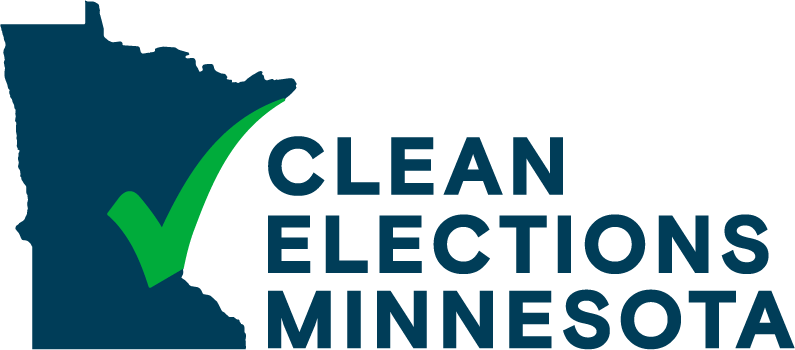Several years ago a prominent DFL legislator with acknowledged tax expertise retired early, returning almost immediately to the capitol as a registered lobbyist for private interests. Earlier that year, a Republican representative left the MN House and was back within three weeks to lobby former colleagues. Such rapid exit and re-entry, with obvious potential for conflict of interest, is known in political parlance as the revolving door. That “door” also provides exit from private employment, by election or appointment, into government service. The same person sometimes enters and exits more than once, each time carrying baggage of potential conflict of interest. (The Republican representative-turned-lobbyist was subsequently elected to the MN Senate.) One might assume that the problem exists more with Republicans than Democrats, since the Republican Party is seen as more favorable to corporate interests. In fact, as the initial examples demonstrate, the door is used as well by Democrats as by Republicans—and in fairly equal numbers. The door revolves problematically for legislative staff and employees of regulatory agencies as well as for legislators.
Conflicts of interest related to the revolving door take several forms. While in public service, a legislator or regulatory employee might make decisions contrary to the wider public interest with an eye to pleasing a future employer—who will almost certainly pay more than a government salary. As one former Minnesota senator put it, “We have to pay our mortgages and put our kids through college.” A government servant who enters from private employment might support laws and policies that damage the general public’s interests to benefit the former employer—either by conscious intent or unwitting bias. A former energy company lobbyist or employee, for instance, will almost inevitably look with favor upon laws or regulations that make business simpler and more profitable for companies that extract or process minerals and firms that sell them. While such expertise may be beneficial in government service, it may also act as a blinder to unfortunate consequences for the environment and the public as a whole.
After exiting public service, a former legislator who returns as a lobbyist may exercise undue influence because of knowledge gained and relationships formed while in government. A former legislator will benefit as a lobbyist by knowing, without ascending a learning curve, how the legislature functions, who the major players are, and how to exert maximum influence. At the very least, the existence of the revolving door reinforces the perception that government caters to wealthy special interests at the expense of the general public. Private firms pay well for such advantages.
What methods exist to mitigate these potential conflicts? At the federal level, a variety of laws and regulations are aimed at slowing the rate of movement through the revolving door. Both the Obama and Trump administration proposed comprehensive restrictions in this regard immediately upon assuming office. (Whether these rules are effectively enforced may be another matter.) Almost three dozen states have laws, rules, or constitutional provisions to counteract the conflicts of interest related to the revolving door. These vary as to length of time, persons subject to restriction, and definition of unacceptable lobbying activities. Minnesota, unfortunately, has no law on the matter. In 2007 the Minnesota House adopted a one-year “cooling off period” between leaving office and returning as a lobbyist. As the examples that begin this blog posting show, the rule has no effect. In fact, it’s by definition unenforceable. As a lobbyist in private employment, a former legislator is no longer subject to House rules. The Minnesota Senate maintains no limits on lobbying by those who return through the revolving door. Whether MN legislators even know about the existing or absence of rules regarding the revolving door is questionable. One long-time MN Senator said, in conversation, she thought there was a one-year “cooling off” period in both state house and senate. Proposals to establish such a cooling-off period, ranging from one-year to seven-years, have been sponsored by high-ranking Republicans and Democrats in both chambers. They have so far gone nowhere.
Instituting an enforceable hiatus of at least one-year between the time a legislator exits through the revolving door and returns by the same portal seems a good starting point for reducing conflicts of interest.


